
Discover more from Soaring Twenties
Radio: In Search of Lost Treasures
Reflections on a once popular medium and the lamentations on what we could have had.
A while ago I myself contemplated writing an essay on old timey radio dramas and the demise of radio more generally. Perhaps I will still do this at some point but the wind was taken out of my sails when I came across this hidden gem from
.This essay has insight, wit, cool recommendations and rabbit holes you can go down and is elegantly written and excellently researched.
What more could you possibly ask for in a piece of non-fiction?
Enjoy.
TJB.
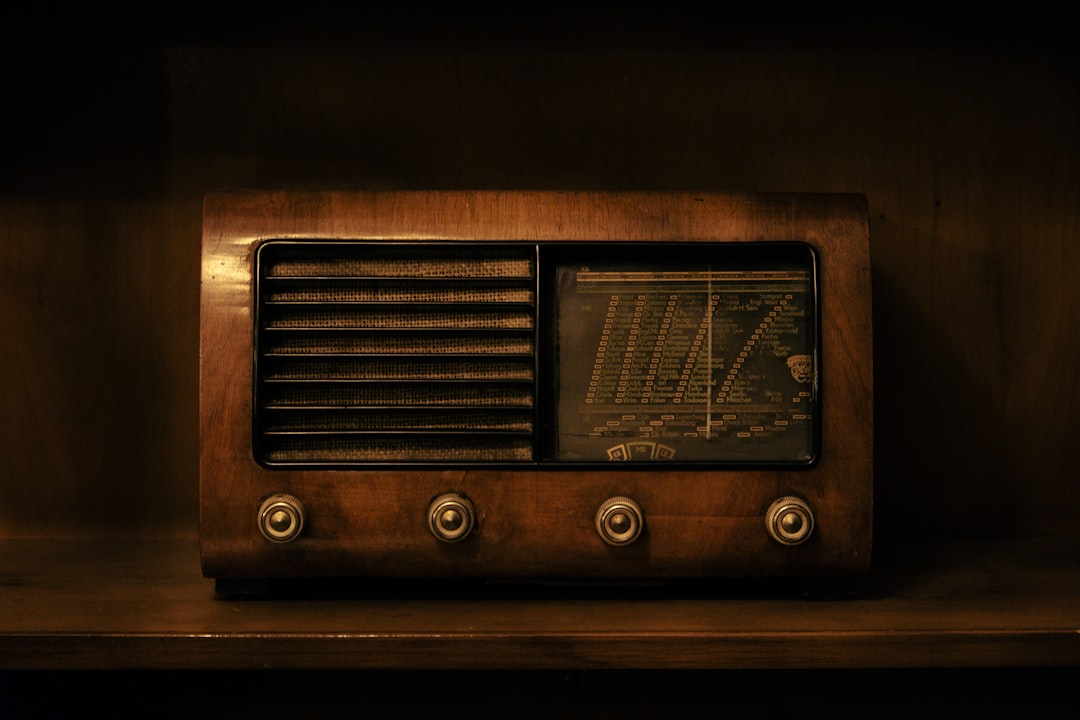
I've been called an "old soul" all my life. It was common for me to see my mom enraptured by the Turner Classic Movies channel, watching films starring Cary Grant or Humphrey Bogart. I remember being introduced to shows like Columbo and Matlock on TV Land. I remember my father would listen to songs of Edith Piaf or Charles Aznavour in the living room as I struggled through my French assignments on the kitchen table.
Although these are mere memories for me, I find myself drawn to a past life I have not lived. When you are raised by older parents, you get a sense and feel for things that just seem - timeless. You experience old ideas in a new way and develop a personal taste that becomes foreign to many of your peers. As if you born decades earlier only to became trapped in modern times. When you finally come to accept that you have different tastes and an affinity for that which came before your time, you soon adopt the role of archaeologist or a sort of quasi-historian whose soul is filled with wonder and passion for lost treasure far more valuable than precious gems.
These treasures lead you to a world all but forgotten filled with art, history, literature, and, yes, even entertainment produced for the masses.
Gather around, dear reader, as I take you back to a time of radio; specifically the radio drama.
The Radio Days
Before the “Golden Age of Television” and the following “Streaming Wars” took hold of the world, radio was king. Not just as an art form, but as a mode of communication as well from newspapers and political organizations. U.S. President Franklin D. Roosevelt spoke directly into American living rooms through his famous fireside chats. By 1934, 60 percent of Americans owned a radio1 and the “Golden Age” was ushered in. The medium captivated the hearts and minds of millions of Americans and quickly spread around the world.
Radio became evermore present in everyday life and there was a little something for everyone: Comedy shows, soap operas, sports, game shows, music and my all time favorite - the radio drama; plays of action, suspense, drama, fantasy, horror, and more. In other words, you had a wealth of options to consume regular entertainment.
The most famous drama that has been talked about for decades is the 1938 adaptation of War of the Worlds, performed by Orson Welles’ Mercury Theatre on the Air. It was said that the broadcast caused widespread panic among households in the US, where it was mistaken for an emergency news bulletin of aliens invading earth. Although there has been recent suggestions that the hype of the story may have been over-reported to sell more newspapers. Nevertheless, more and more radio playhouses were popping up through out the years.
Pulp fiction eventually found its way into the radio scene and filled the airways with a variety of entertainment for young and old with shows like The Shadow, which ran from 1937 until 1954, and Tarzan, where three productions ran in 1934, 1936, and 1950 respectively. Other radio shows introduced new characters and grew in such popularity that they began appearing in comics, film, and television.
The Lone Ranger, 1933 - 1942
The Green Hornet, 1936 - 1952
Doc Savage, 1934. Based on the pulp character of the same name. Scripts for the show were penned by the original creator and pulp fictioneer, Lester Dent.
Dick Tracey, 1934 -1938
The Falcon, 1943 - 1954
The Story of Dr. Kildare, 1949. Based on the character created by pulp ficioneer, Frederick Faust, under the penname Max Brand.
The Adventures of Philip Marlowe, 1947 - 1958. Based on the character created by pulp fictioneer, Raymond Chandler.
The list is endless. Many popular characters and properties that are still going strong today, such as Disney’s Mickey Mouse, Star Wars, Sherlock Holmes, and The Twilight Zone also found a home in radio.
One of the best shows I’ve recently discovered is called Suspense. It was a mystery show that aired on CBS Radio from 1940 until 1962. Through the good work of a few unsung heroes and the interwebs, you can still listen to digital recordings of show like Suspense at no cost to you. Below you’ll find a top-notch episode titled “The Good Neighbor”. I encourage you to listen. It’s a good, tightly told mystery.
Radio lost its edge in popularity when Television debuted. Since then, TV has become the favorite medium to consume entertainment for the average household. Though there is a good size fandom that is still producing and consuming audio dramas in 2022 through fiction podcasts. You can visit the r/audiodrama subreddit to see a vibrant community of 243,000 members who actively post and share recommendations of current shows. Not to mention the overall rise in listenership with podcasts and the consumption of audiobooks.2
Theatre for Your Imagination
I love the medium of radio. There simply is nothing like sitting in a room, lights dimmed and listening to a 20-30 minute show of mystery, adventure, or fantasy. It is easy for one to get lost in it. It is a medium that allows your imagination to have freedom and some control. When listening to a radio play, so much is left for you to fill in. The mood is set for you, the characters are given a voice, but you can still add a splash of color and make the images rich in your mind. I suppose reading a novel would take prime spot in feeding your imagination, but a close second has to be the audio format. It’s often said that the mind can play tricks on us. I believe radio feeds into that same idea.
I can’t help but wonder what entertainment would have looked like if we kept the radio play as the dominant medium. Perhaps it is naive of me to say but I truly believe creativity would have skyrocketed; not just among creators in the medium but of the general public as well. I have zero evidence to back this claim up. It’s simply a gut feeling but alas, this could be wishful thinking on my part.
Vincent Price had similar thoughts on the death of radio in a clip from a 1972 interview included below.
More and more fiction podcasts are popping up and great shows of yesteryear have made their way to YouTube for regular consumption. There is a great podcast called “The First Episode Of” hosted by W. Keith Tims that showcases the first episode of a given fiction podcast. Tims even interviews the creators of the shows giving audiences “behind-the-scenes” access. If you’re looking to explore what’s out there in the world of audio fiction, give that show a listen.
Will the audio drama regain its command over audiences again? Will the masses suddenly abandon their TVs (and smartphones) to immerse themselves in the theatre of the mind? Probably not, but who can really say?
Personally, I’d love to write/produce my own audio drama one day. It is such an interesting, creative format to me and would be a lot of great fun to play in that sandbox.
Something to definitely consider as a future project, but right now I think I’ll continue my regular journey in search for lost treasures.
‘Till next time.
The History of the Radio Industry in the United States to 1940. (n.d.). EH.Net. Retrieved June 23, 2022, from https://eh.net/encyclopedia/the-history-of-the-radio-industry-in-the-united-states-to-1940/
Shearer, E., & Liedke, J. (2021, June 29). Audio and Podcasting Fact Sheet. Pew Research Center. Retrieved June 23, 2022, from https://www.pewresearch.org/journalism/fact-sheet/audio-and-podcasting/





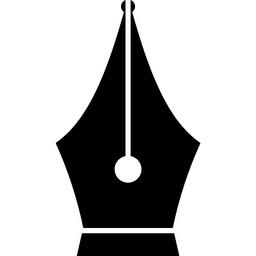
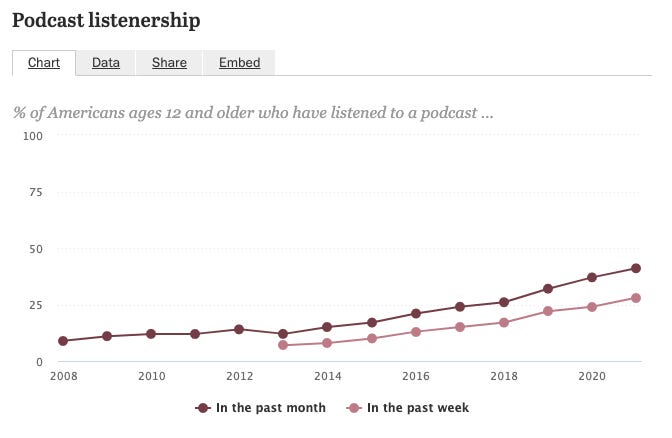






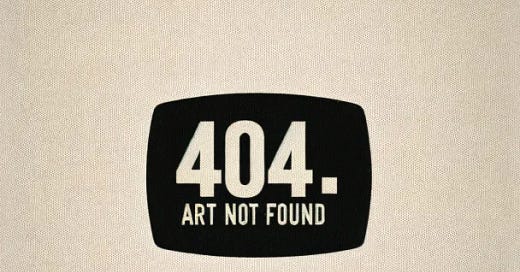



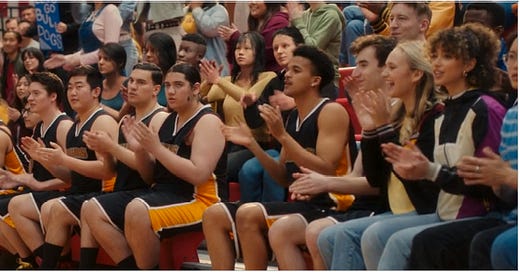

'Theatre for your imagination' - absolutely! Such a great post, Frank - thank you. I was brought up on a diet of wall-to-wall BBC Radio 4, and I couldn't be more grateful. I still love radio documentaries and dramas, and not a day goes by on which I haven't listened to, been entertained by or learned something from spoken radio.
"I would love to produce an audio drama" said Frank, back then. And indeed he has today over on the Pulp Pipe Poetry Substack.
Way to make it happen sir!